


Cannibalism, Feather pecking
Introduction
A complex multifactorial behavioural problem of poultry and game birds seen worldwide. Morbidity is usually low but mortality is high among affected birds. Predisposing factors include overcrowding, excessive light intensity or variation (e.g. through shafts of light in the house), high temperatures, nutritional deficiencies, feed form (mash takes longer to consume than pellets), tenosynovitis and other diseases affecting mobility, boredom, and strain of bird.
Signs
- Pecking at feet (especially young chicks) and vents (adult layers and turkey poults 8-12 days old), head, face, wings.
- Feather-pulling.
Post-mortem lesions
- Skin wounding related to particular signs exhibited.
- Generalised anaemia.
Diagnosis
Age, distribution of lesions, anaemia. Differentiate from bacterial dermatitis, post-mortem cannibalism.
Treatment
Correct any husbandry problems. Soluble multivitamins and/ or methionine may be of some benefit in some circumstances. Beak trimming may be necessary. If so it should be carried out carefully by trained operators, complying with local regulations and any relevant codes of practice.
Prevention
Proper density and temperature, low light level, control ectoparasites. Provision of a diet that closely matches the nutritional requirements of the stock concerned.







